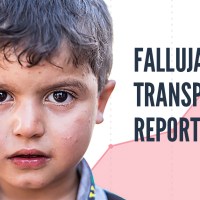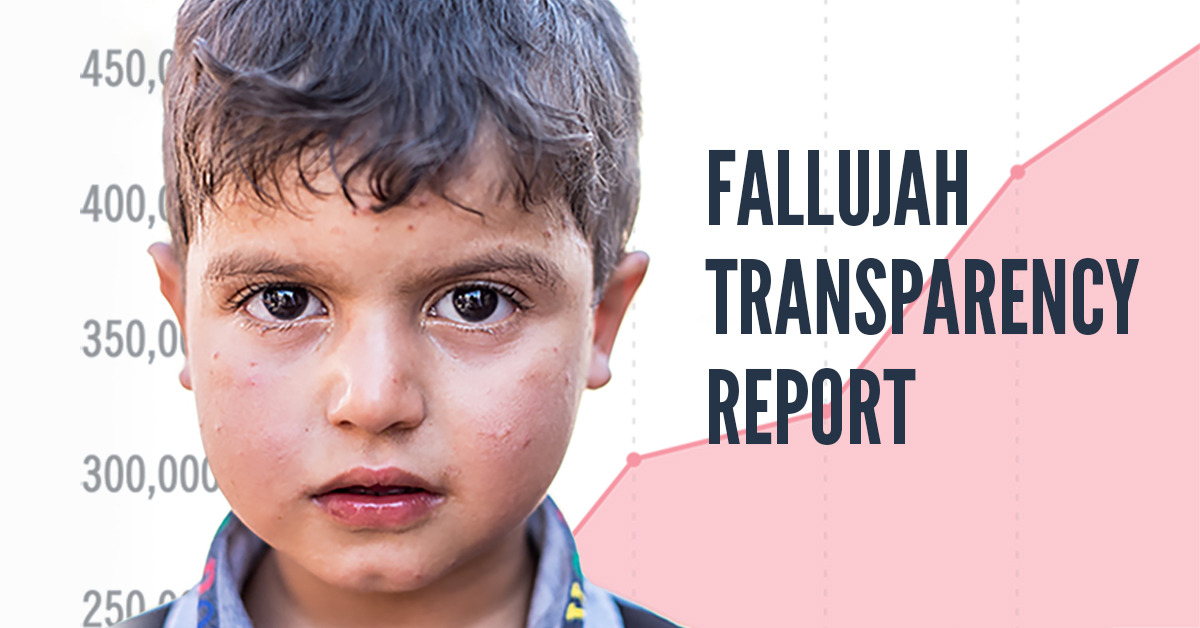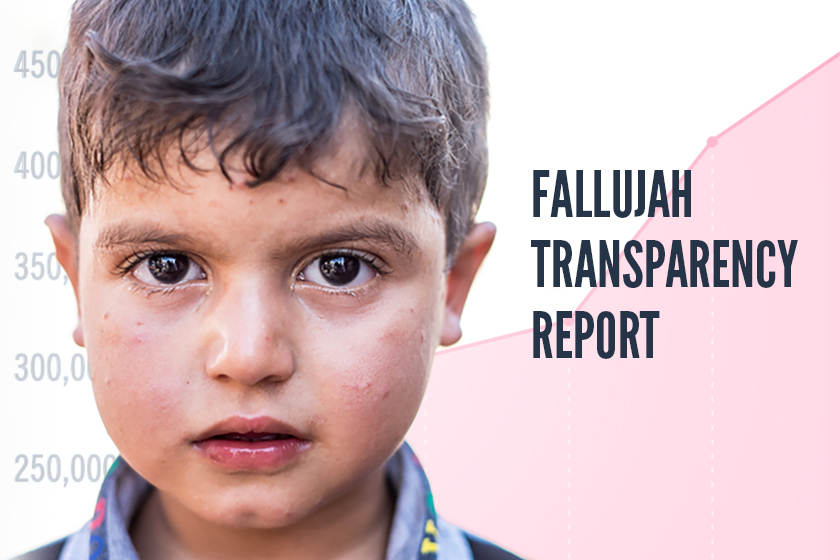
-
$672,226 raised since May 26
-
306,600 pounds of food delivered
-
414,039 liters of water provided
That’s what you’ve done for recently liberated families from Fallujah.
Six huge truckloads of rice, lentils, beans, cooking oil, sugar, tea, milk. Then there are the hundreds of stoves, tanks of water, bars of soap, and hygiene kits.
Our aid teams hear it over and over: “These food packets are huge, thank you!” In emergency situations, the standard NGO rations packet is often very small—sometimes little more a packet of crackers.
Displaced families need more. Each food pack you provide is large enough to feed a family for at least a month.
For traumatized moms and dads, this food means one less thing they have to worry about. They survived the bullets and bombs, and now they have a good chance of surviving the desert—thanks to you.
Below is a timeline of key events, including food and other aid deliveries, since the Fallujah liberation began, along with an update about what we plan to do with your front-line love next.
Here are the numbers, stories, and details of your impact:
May 23
The assault to reclaim Fallujah from ISIS began, code named Operation Breaking Terror.
May 26
Iraqi forces surprised many by making significant gains just a few days after the assault began, and the international community began paying attention. Several villages were liberated, including the strategic town of Garma. These victories resulted in significant displacement as families were finally freed from ISIS control and eager to escape the fighting.
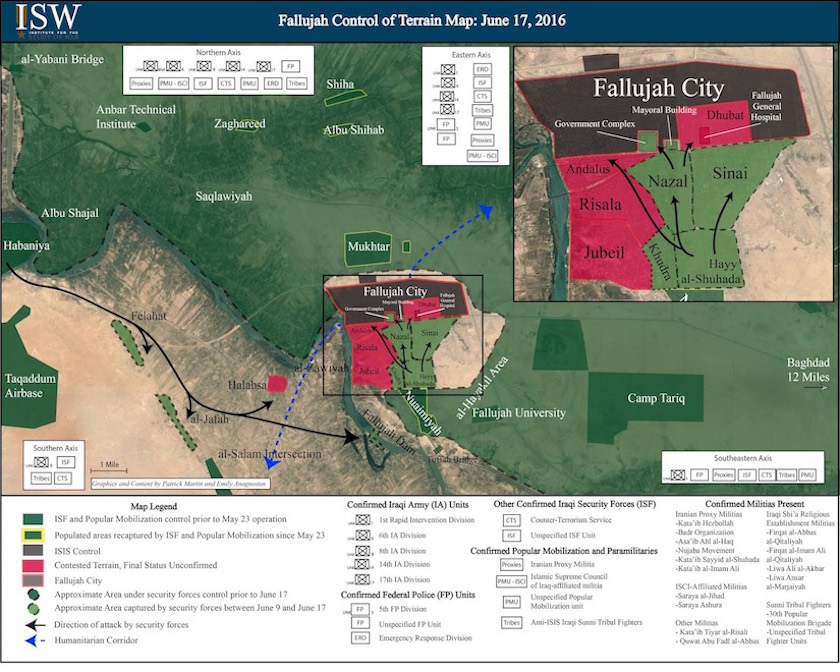 As reports poured in, documenting the need in and around Fallujah, we began making plans to deliver emergency aid. We began a conversation with friends like Lecrae, Jon Foreman, Jen Hatmaker, Propoganda, Lynne Hybels, Jamie Tworkowski, Gabe Lyons, Switchfoot, and others—all of whom raised their voice for the people of Fallujah. With their help, we began sounding the alarm—and you answered.
As reports poured in, documenting the need in and around Fallujah, we began making plans to deliver emergency aid. We began a conversation with friends like Lecrae, Jon Foreman, Jen Hatmaker, Propoganda, Lynne Hybels, Jamie Tworkowski, Gabe Lyons, Switchfoot, and others—all of whom raised their voice for the people of Fallujah. With their help, we began sounding the alarm—and you answered.
A short while later, we sent an email to a small number of people, who had given to this kind of work before, asking them to help starved out families fleeing Fallujah. The response was incredible. You made it possible to believe we could do more for Fallujah.
So we sent another email, asking everyone to help.
Your giving, combined with significant contributions from friends at Mercury One Foundation, Bayou City Fellowship Church, World Relief, World Help, and Partners In Relief And Development, put our Fallujah fund at $372,374.55—just days after the conflict began!
This allowed our partners in Baghdad, Iraq Health Access Organization, to mobilize quickly, buying and loading food while Americans celebrated Memorial Day weekend.
June 2
Your love-turned-money-turned-food-and-water crossed the desert to freshly-liberated Garma. We delivered 52,000 pounds of food and 24,000 liters of water near the front line, for 500 families. To this day, we are the only official international aid group to deliver food aid inside the militarized zone, so close to the fighting.
ISIS still controlled Fallujah city, but not for long…
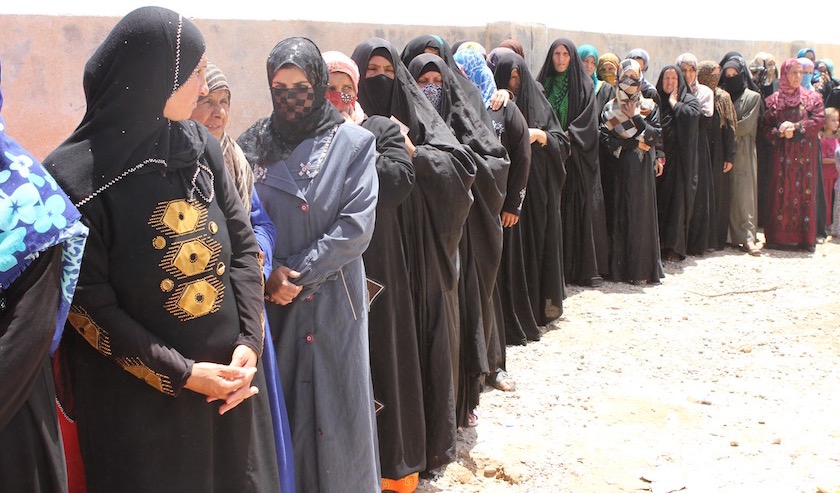
June 3
We conducted a scouting trip to Amiriyat al Fallujah, a relatively safer area outside militarized zone, and found hundreds of mothers and children without food or shelter, begging for help. We told them we were loading a huge truck full of food to come back in two days,“What in God’s name do you mean two days?!” they replied. “We can’t wait until then!” Their children needed food urgently, so our team rushed back to Baghdad and worked through the night to prepare a rapid response of emergency food rations.
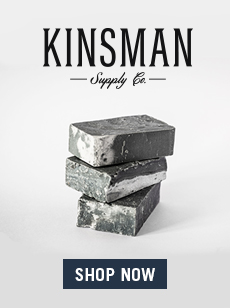
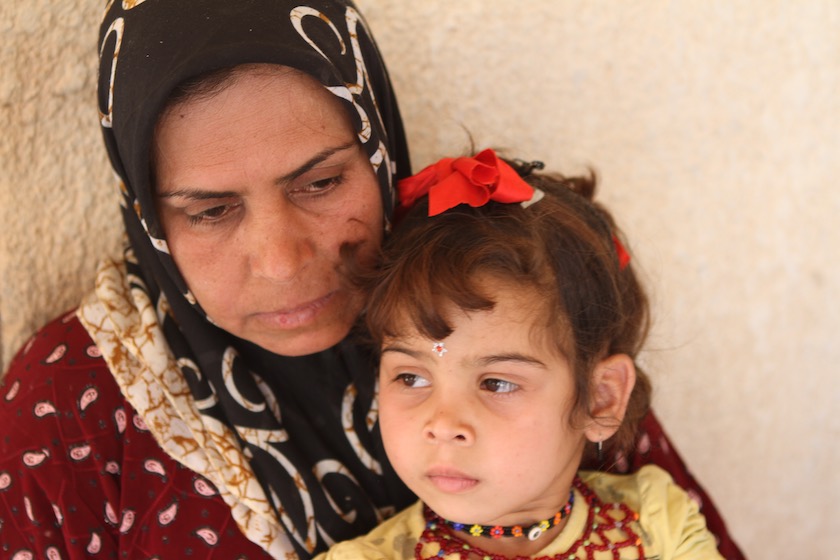
June 4
The next day, our team returned to Amiriyat al Fallujah with a quick delivery of milk, biscuits, cheese, and bread—emergency rations to hold mothers and children over while the larger trucks were loaded with longer-lasting food packs.
We also began working to get ahead of the need, preparing food caches in advance, enough to serve 3,000 people (approximately 500 families) for about a month. We knew an even bigger wave of displacement was coming: as more neighborhoods were liberated, more people would flee and need our help. Rather than respond after the fact, we wanted to be ready by getting ahead.
ISIS still controlled Fallujah city, but not for long…
June 6
As the battle continued, we began receiving reports of people fleeing through minefields, being blown up, shot by ISIS snipers while trying to escape, swimming across the Euphrates and drowning in attempts to escape—18 people according to reports we read, four of them children.
Meanwhile we were looking for ways to help those trying to escape—could we buy and armor boats to help people cross more safely? What about tunnels? Was it possible to smuggle food into the city or people out of it?
ISIS still controlled Fallujah city, but not for long…
Meanwhile, the Iraqi army breached Fallujah City and was beginning to clear neighborhoods, causing even more displacement.
June 12
Amiriyat al Fallujah filled up and the overflow was directed to another safe zone southwest of Fallujah, called Habbaniyah. We delivered 100,000 pounds of food to families just hours after they escaped the city. It wasn’t long before Habbaniyah filled too. Additional families were relocated to yet another location called Khaldiya, between Fallujah and Ramadi, and that also began filling up.
Families were running for their lives and ISIS still controlled the city of Fallujah, but not for long…
June 14
After being informed that many families had no means to cook food, we distributed 250 stoves to help empower more women care for their own families independently, without need of outside help. This served about 3,000 families
June 20
We delivered another 100,000 pounds of food to Khaldiya, between Ramadi and Fallujah. Khaldiya is arguably the least-served camp; even those who have worked in displacement camps for years have expressed shock at the conditions here. Washington Post’s Baghdad bureau chief joined us for the delivery and shared this on Twitter:
In 4 1/2 years covering Syria and Iraq I’ve never seen conditions this bad. No tents. No water. No words. #Fallujah pic.twitter.com/2sbevjr9xn
— Loveday Morris (@LovedayM) June 20, 2016
June 26
ISIS controlled Fallujah for two long years, but on this day they were driven from the last neighborhood they held inside the city. The crisis is far from over—86,000 people remain displaced, and just days later, a massive ISIS convoy launched an assault, endangering one of our aid teams. But Fallujah is theirs no more.

For the people of Fallujah, all of this is only the first phase of liberation. Removing ISIS was just the beginning. True liberation, real freedom, means a prosperous, safe, strong Fallujah where the people have what they need to live well.
That’s a Fallujah we are committed to visiting in our lifetime, with our children, but it means we can’t just move on to the next big, attention-getting crisis. Sure, we plan to serve in into other areas of need, but we cannot leave Fallujah behind while families are still trapped in the desert with nothing.
The media has moved on, but we won’t.
When we make a commitment to people, we keep it. And we can only do that because you and thousands like you chose to lean in and love in the hardest places. You gave, people ate.
Thank you for this. Your love is both wise and wild, and we’re grateful.
Onward.
For regular updates and to continue supporting our work among displaced Fallujah families, go here.

